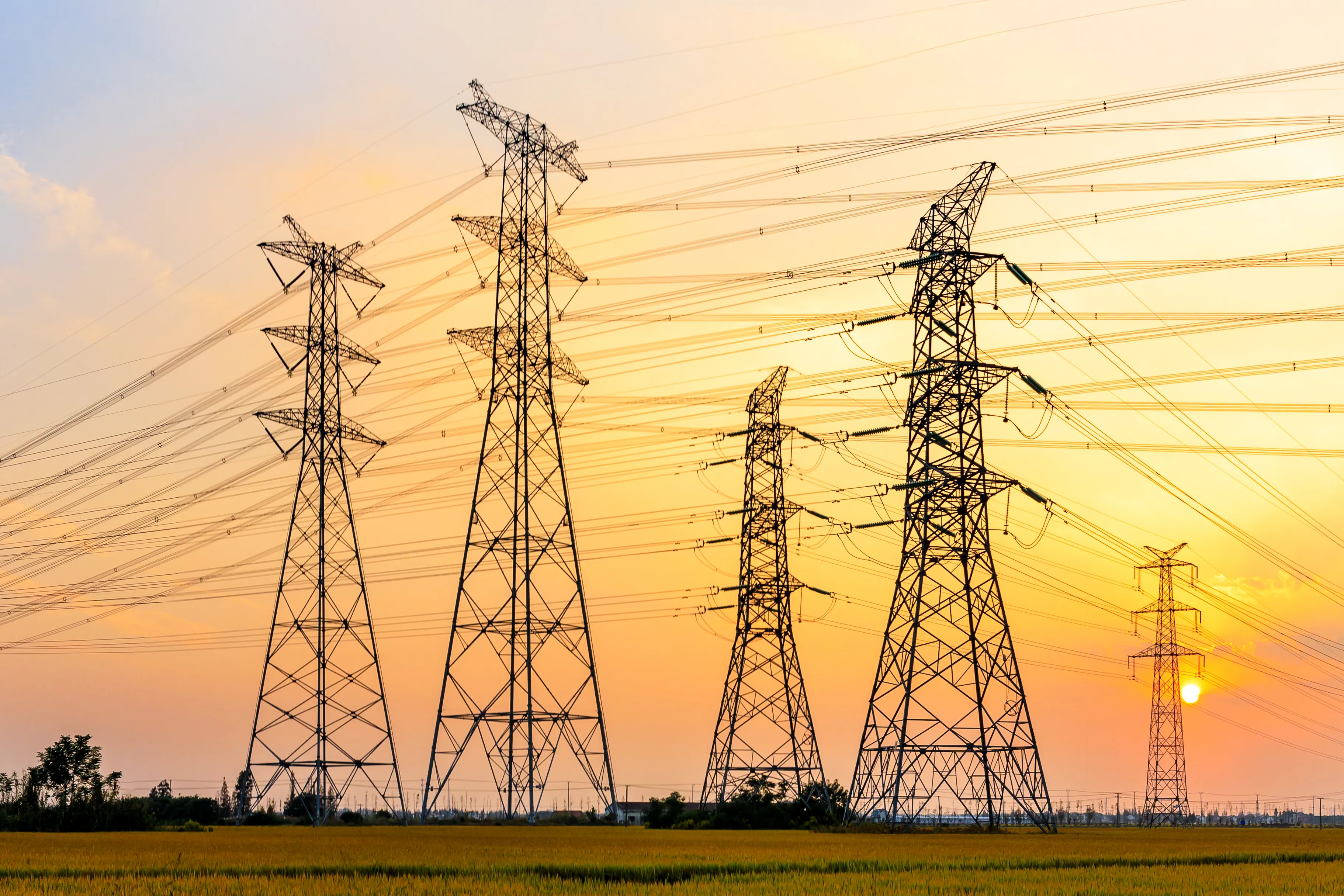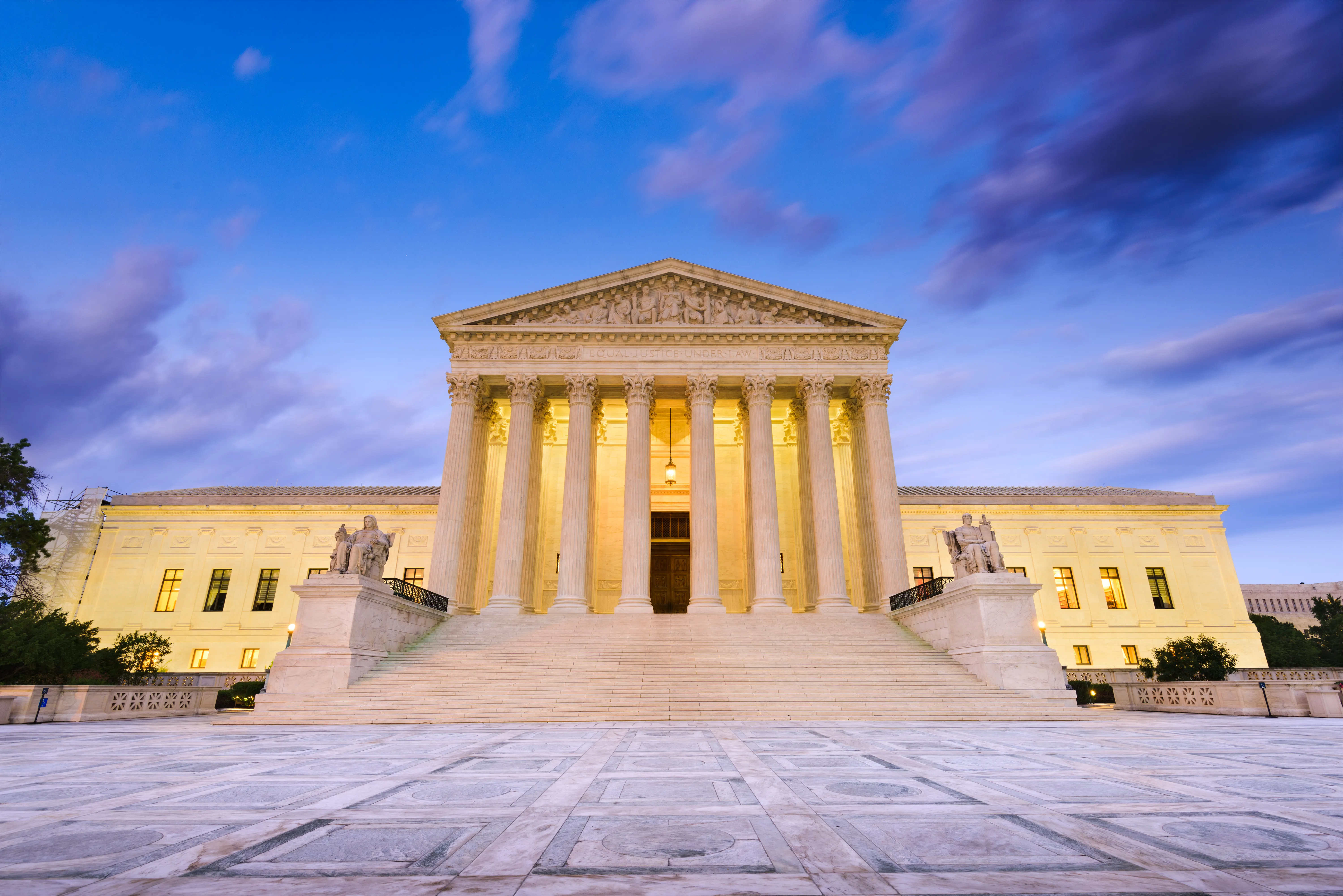
Speedier permitting of energy projects gains bipartisan backing on U.S. Senate panel
© iStock
(Colorado Newsline) Members of both parties on the U.S. Senate Energy and Natural Resources Committee voiced their support Thursday for reforming the federal process for approving energy projects, saying it should be prioritized to secure domestic energy supply and boost renewable energy.
There is bipartisan interest in revising the permitting process and members of both parties have offered competing proposals to accomplish it. Chairman Joe Manchin III, a centrist West Virginia Democrat who has authored a permitting bill, said at Thursday’s hearing that members should be willing to compromise to ensure Congress can address the issue this year.
“Many ideas that are prioritized by some senators are strongly opposed by others,” Manchin said. “We need to respect that in a civil manner. But we can’t let the perfect be the enemy of the good. Now is our time to do this.”
Senators and witnesses representing industry and labor on Thursday gave a broad overview of what they want included — projects should be approved faster, with greater certainty and without sacrificing environmental standards, they largely agreed.
But they only hinted at the tradeoffs inherent in building a consensus behind a single legislative proposal, and gave little indication about where they would resolve differences of opinion.
Speed v. accuracy
Proponents of reform, including Manchin, whose proposal has the support of Senate Majority Leader Chuck Schumer and the Biden administration as a condition of his vote for the Democrats’ energy, taxes and health care law last year, believe Congress could act this year on a rare area with bipartisan appeal.
“Everybody’s talking about permitting reform for all of the right reasons,” U.S. Sen. Lisa Murkowski, an Alaska Republican and former chair of the Senate Energy panel, said. “This puts us at a good place to actually, hopefully, get something done.”
The issue involves balancing timely decision-making with thorough environmental reviews. Environmental reviews for large energy, infrastructure and mining projects can take upwards of a decade to complete — and can then be challenged in court for years longer.
The burdensome process raises costs and discourages investments in projects that create jobs and provide critical resources, critics say.
But environmental advocates often oppose efforts to overhaul the review process, saying it is necessary to ensure environmental standards are met and provides critical opportunities for communities to object to projects.
No environmental groups testified at Thursday’s hearing.
U.S. Sen. Angus King, a Maine independent who caucuses with Democrats, said he approached the issue as an environmentalist, but still appreciated the need to speed environmental reviews.
Transitioning to cleaner sources of energy would require construction, he said. And building more electric vehicles, which require rare-earth minerals like lithium, nickel and cobalt, would require expanding mining efforts.
“In order to achieve our environmental goals, you have to build things,” he said. “You cannot love EVs and hate lithium mines.”
There are ways to maintain environmental standards, even while shortening review timelines, he said. A time limit on federal reviews and having a single agency in control of a project’s review could accomplish those things, he said.
Jason Grumet, the CEO of the industry group Clean Power Association said there are three major issues all affected industries would like to see addressed in a permitting bill: imposing time limits, avoiding duplications of reviews by different agencies and having funding available. Various industries may have different views about how far to go on each of those issues, he said.
Rich Nolan, the CEO of the National Mining Association, and AFL-CIO President Liz Shuler said they agreed with Grumet’s analysis.
Competing proposals
Manchin reintroduced a bill last week that the Senate rejected in a 47-47 bipartisan floor vote last year. The panel’s ranking Republican, Wyoming’s John Barrasso, and Shelley Moore Capito, a West Virginia Republican who is the ranking member on the Environment and Public Works panel, are the lead sponsors of separate Senate bills.
House Republicans passed their own proposal out of that chamber in March.
And Biden released his priorities for a permitting overhaul Wednesday. The White House list included prioritizing permits for clean-energy projects and establishing an interagency process to reduce duplication.
Barrasso, who is also a member of Senate Republican leadership, on Thursday laid out requirements a permitting bill would need to gain his support.
Any proposal must help the entire country and “apply equally to all energy sources,” he said. It must contain enforceable timelines and limits on legal challenges. And it must be specifically bar the executive branch from using new authority to disadvantage oil and gas, he said.
Manchin v. White House
In addition to its own priorities, the Biden administration continues to support Manchin’s bill, White House Senior Advisor John Podesta said at the Bipartisan Policy Center think tank Wednesday.
“The president doesn’t love everything in the bill, but we support it,” Podesta said. “That’s what compromise means, and it will take compromise by everybody to get this done.”
But Manchin has not returned the White House’s support in recent weeks.
On Thursday, Manchin, repeated the complaint he has made at length recently that the administration is focusing too much on the renewable energy elements of the Inflation Reduction Act — the name of the energy, health and taxes bill Manchin sponsored and Democrats passed on a party-line vote last year — at the expense of the “all-of-above” energy framework that was key to winning Manchin’s support.
“The whole purpose of the IRA is energy security,” he said Thursday. “This administration has been unable to use the word energy security, all they use is climate. And I have corrected him and I will continue to correct him. It’s energy security.”
Manchin, who has ties to the West Virginia coal industry and faces a difficult reelection contest in a heavily Republican state next year, said Wednesday he would block all Environmental Protection Agency nominees over a new EPA proposal to impose tougher regulations on fossil fuels.
“This piles on top of a broader regulatory agenda being rolled out designed to kill the fossil industry by a thousand cuts,” he said in a written statement.
Colorado Newsline is part of States Newsroom, a network of news bureaus supported by grants and a coalition of donors as a 501c(3) public charity. Colorado Newsline maintains editorial independence. Contact Editor Quentin Young for questions: info@coloradonewsline.com. Follow Colorado Newsline on Facebook and Twitter.

















